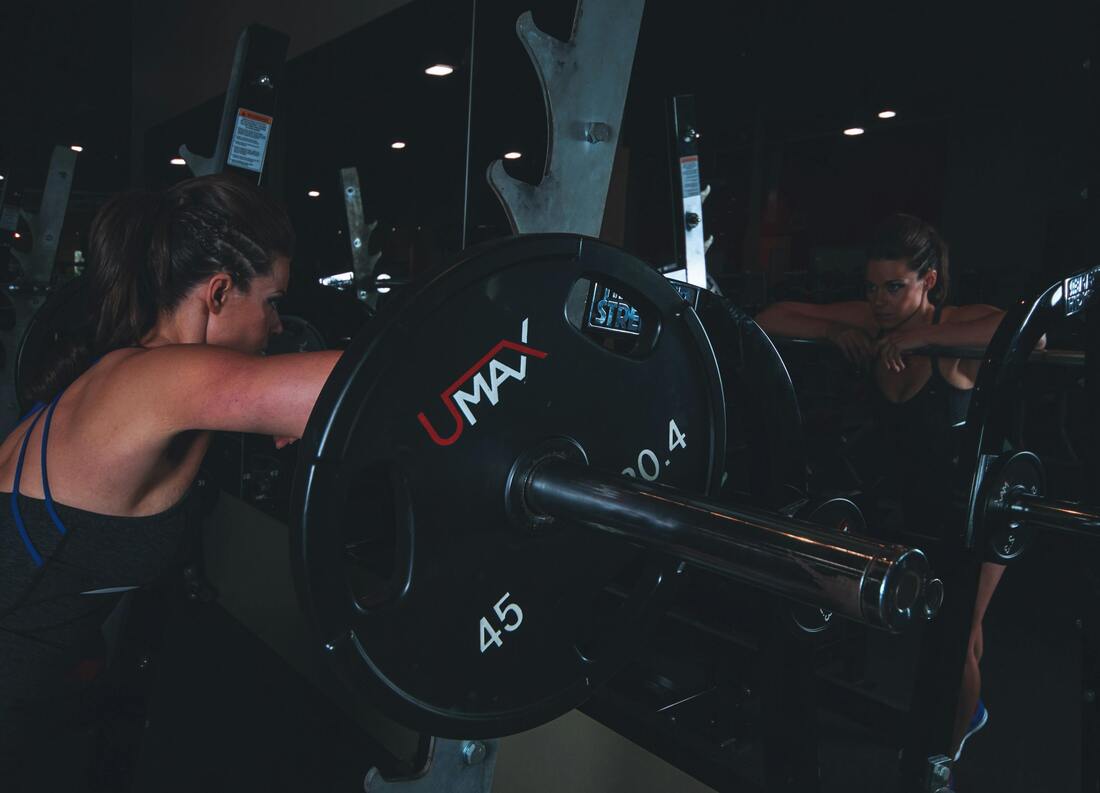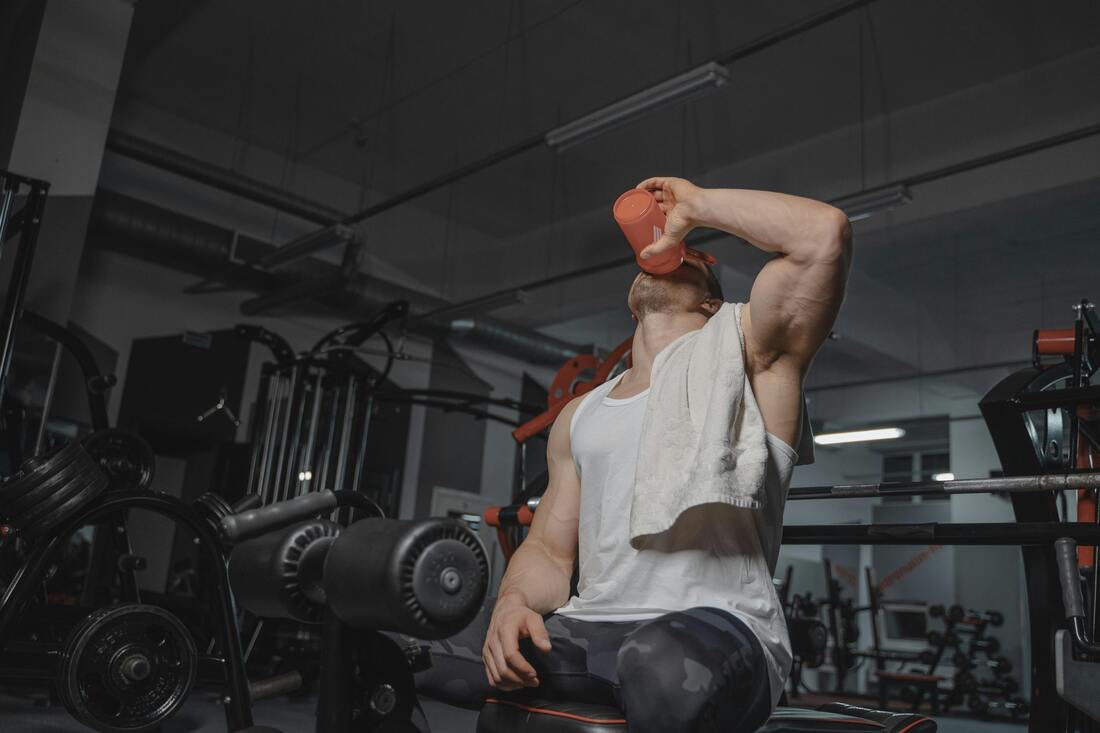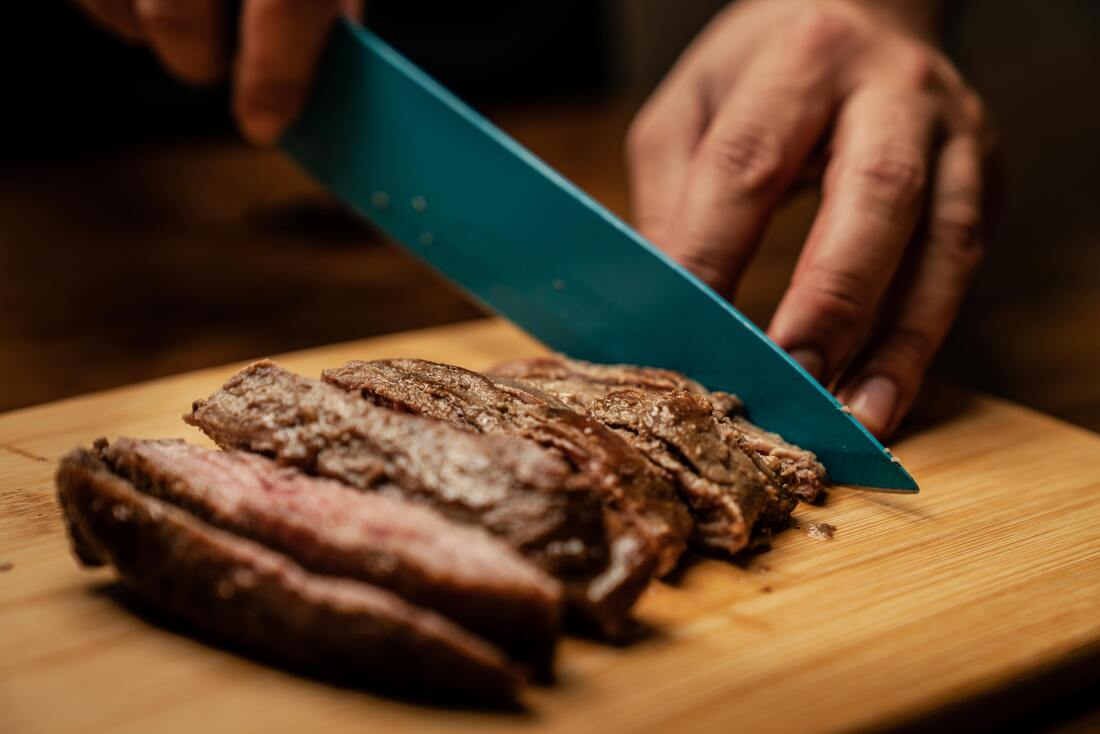[Weight loss] changes your philosophy of life because you recognize that you are capable of using your mind to change your body. We all have certain body parts that never seem to get quite as lean as the rest, no matter how hard we diet: our so-called “stubborn fat areas”.
Why does this happen? How can you get rid of this stubborn fat? Is it even possible? In order to get to the bottom of your stubborn fat problem, first you need to understand what determines where you store fat, or adipose tissue, and how fast you can lose it.
0 Comments
If you opened my old personal training textbook, you’d find the following recommendations:
These are pretty common to this day. You might also be familiar with the claim that shorter rest intervals of around 30 seconds are better for hypertrophy (muscle growth) because they result in a greater increase in growth hormone, testosterone, and IGF-1––all of which theoretically make a positive contribution to hypertrophy––than longer rest intervals. How accurate is any of this? Read on to find out! We all know this one: try to get in at least 10,000 steps per day.
However, such black-or-white, one-size-fits-all solutions are sometimes outdated or unfounded or lack the necessary nuance to be correct or helpful, which is why I’m not usually a fan of them. But is this one bad? Or is there something to it? We have to know how to eat right, train right, and take the right over-the-counter supplements. “BCAAs” stands for “branched-chain amino acids”, which are three of the nine essential amino acids your body needs in order to trigger muscle protein synthesis (MPS), or the creation of new muscle: leucine, isoleucine, and valine.
BCAAs are a very popular supplement, but are they worth your money? There are two main claims regarding BCAAs: 1. BCAAs improve body composition and training performance. 2. BCAAs enhance recovery by reducing delayed-onset muscle soreness (DOMS). … But do they? Protein is crucial to supplying muscle tissue with the building blocks it needs for its growth. In no particular order:
|
Nikias TomasielloWelcome to my blog. I’m an online fitness coach with a passion for bodybuilding, fantasy, and bread. Want to work with me? Check out my services!Archives
May 2024
Tags
All
|
Follow me on social media |
Get in touch |
© 2018-2023 Veronica Tomasiello, known as Nikias Tomasiello – All rights reserved






 RSS Feed
RSS Feed